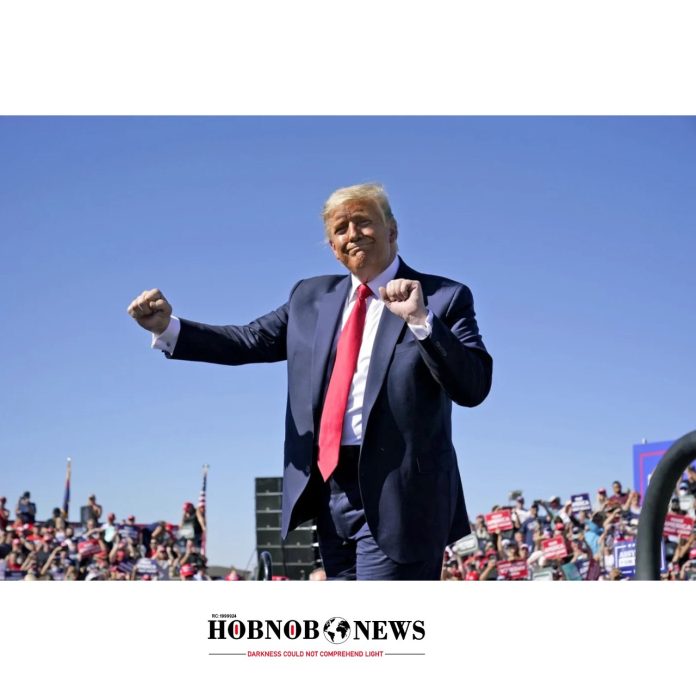Donald Trump’s plan to end automatic U.S. citizenship for children of non-citizens through an executive order on his first day in office has ignited a firestorm of legal and community concerns. The proposed policy, announced on the Trump-Vance campaign website, would require at least one parent to be a U.S. citizen or lawful permanent resident for a child to be granted automatic citizenship.
This move aims to curb birthright citizenship for children of undocumented immigrants, but its implications extend far beyond. Immigration advocates argue that this interpretation contradicts the 14th Amendment, which ensures citizenship to all persons born or naturalized in the United States [1).
The Indian American community is particularly alarmed, as Indian nationals on H-1B visas face extended green card wait times due to strict caps. The backlog for employment-based green cards exceeds one million, with projected wait times ranging from 54 to 134 years. This proposal threatens the stability of US-born children of Indian parents, who currently enjoy automatic citizenship.
Ashwin Sharma, an immigration attorney, condemned the proposal as “staggeringly cruel,” stating that it unfairly punishes Indian professionals contributing to the US economy. “Trump’s proposed executive order threatens to snatch away even this small solace from everyone who has played by the rules,” Sharma said.
Legal challenges are anticipated, with attorneys arguing that Trump’s proposal conflicts with the 14th Amendment. The 1898 Supreme Court ruling in United States v. Wong Kim Ark upheld birthright citizenship, granting citizenship to a child born to Chinese nationals.
Immigration attorneys Greg Siskind and Cyrus D. Mehta expect strong litigation, with a high chance of reversal. Mehta emphasized that those legally present in the U.S., including H-1B workers and students, fall under the 14th Amendment’s jurisdiction.
The executive order’s passage could significantly impact the Indian diaspora, with around 4.8 million Indian Americans residing in the country. Should the policy be enacted, children born to Indian parents without US citizenship or green cards would lose automatic citizenship, adding to the uncertainty faced by the diaspora.
As Trump prepares to enact this policy, immigration advocates and attorneys brace for a legal showdown, highlighting the high stakes for immigrant communities nationwide.

